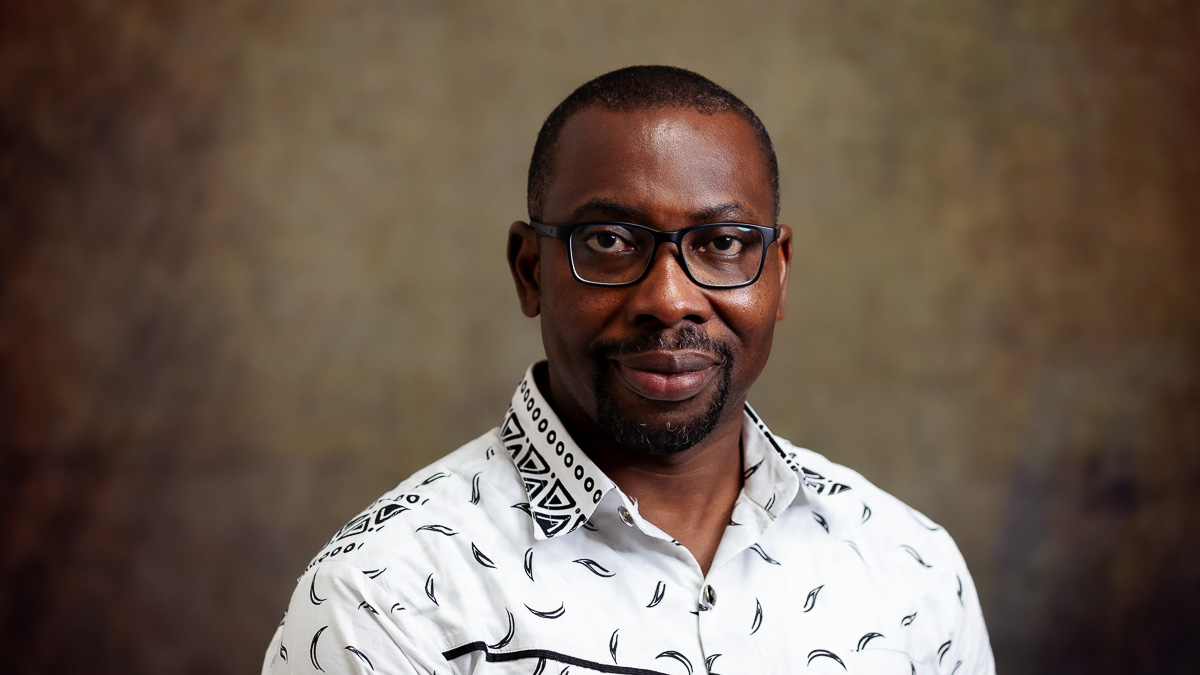Areas of interest
My research interests span a number of areas, including improving and optimising the application of solar energy systems and technologies in the built environment, energy demand and management, the effects of moisture transport within buildings, indoor environmental quality and biophilic design and impact in the indoor environment.
I have worked on the integration of biophilia over the past 6 years, with ongoing research investigating, the improvement of indoor air quality, thermal comfort, and well-being by introducing plants into indoor spaces/offices.
In the area of energy demand and management in buildings, I am currently focusing on the characterisation of household electricity consumption; energy load monitoring; energy profiling; energy modelling; renewable energy (BIPV); building performance simulation and optimisation, using building simulation models (e.g., using IESVE, PVSyst, MATLAB, TAS) and measurements.
I have also worked on understanding the effect of flow patterns within the indoor environment remains complex but paramount to moisture transport phenomena, pollution dispersion and deposition. Using computational fluid dynamics (CFD), this aspect of my research draws on my other areas to ensure the indoor environment is optimised for occupant’s health and well-being.
Background
Before joining the University of Reading, Dr Emmanuel A. Essah held a Research Fellow position at Glasgow Caledonian University within the Research on Indoor Climate and Health (RICH) group. Working in collaboration with Lafarge Roofing Technical Center, he gained in-depth experience of roofing membrane integration and the impact of moisture transfer in buildings.
Since joining University of Reading, Emmanuel has collaborated extensively with Monodraught, Whitfield Solar and Solar Century to develop and optimise the application of Photovoltaic systems in Windcatchers and building façades. In 2010, he was interviewed on BBC South Today - The Politics Show, discussing the potential application of solar energy systems in relation to public spending cuts.
He developed from scratch the Career Development module (CE3CCX) in 2010, which is now the most highly regarded employability module in the University. To date he remains the only Staff member to be able to organise a workshop at the University, drawing on the expertise of key Stakeholders in over 25 companies to provide feedback on their involvement in the module.
As a visiting research associate to the Key Lab of Chongqing University, he contributed to the development research hence currently awarded a Visiting Associate Professorship at Chongqing University. He remains in collaboration with other Universities in China. In addition, he has been collaborating with colleagues at the Centre for Artificial Intelligence and Robotics (iCAR) & Centre for Water and Environmental Studies (CWES) at Anna University in India on various projects.
In an advisory capacity, Dr Essah is a member of the Steering Committee to BCT, supporting and developing concepts required for Non-Bitumen Coated Roofing Membranes. As a Co-I, he worked on a Climate -KIC Flagship project investigating the optimization of the energy management structure at the Queen Elizabeth Olympic park (QEOP) in London.
Recent research activities include offering expert advice through consultancy to Knauf Insulation Northern Europe and Lovingly Engineered Architectural Practice (LEAP), reviewing the impact of moisture transfer and condensation formation Risks in passive homes.
Other activities included his contribution to the development of guides in the Energy Group of the Institute of Physics and CIBSE Intelligent Buildings Group.
Dr Essah is currently a Torch Bearer of the inaugural AdvanceHE flagship where he provides insight into how industry and academia can work together to develop enquiry based learning experience through real-life projects that informs and enhances student experience and employability.
